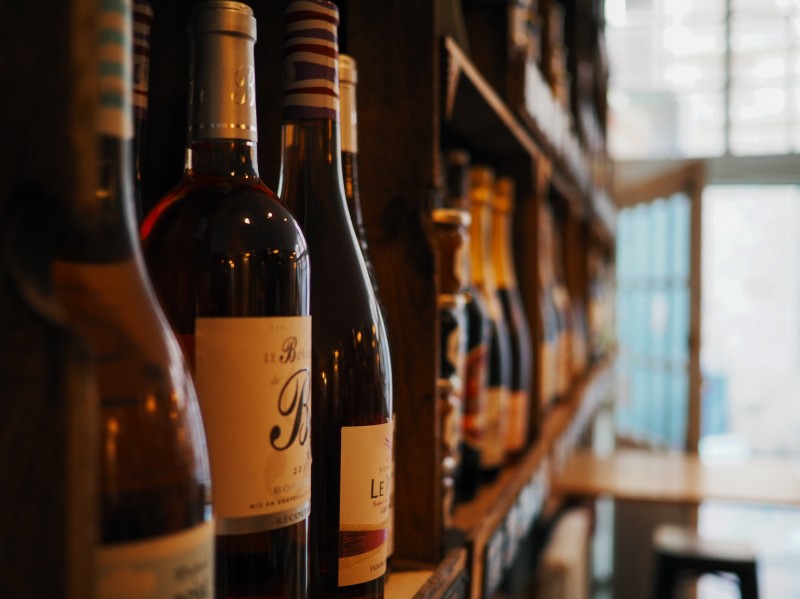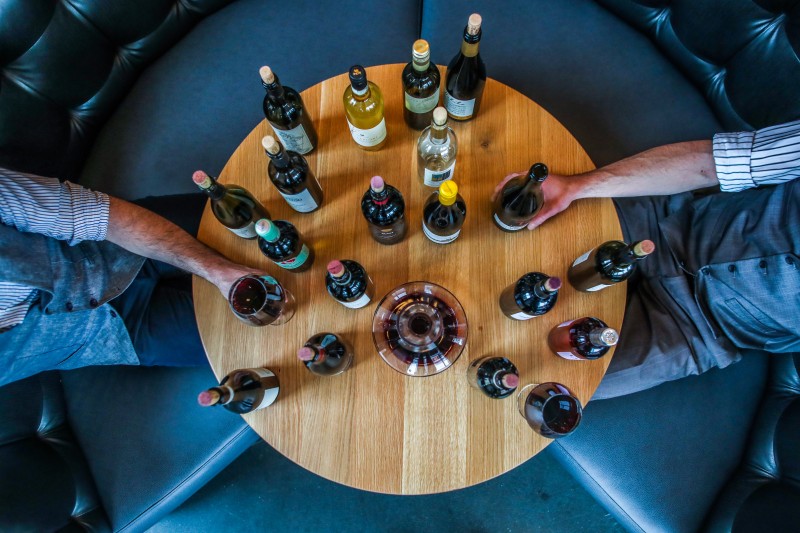On August 10, the Ministry of Industry and Information Technology issued Announcement No. 35 of 2020. Since the announcement, the "Access Co
nditions for Co
ncentrated Fruit and Vegetable Juice (Pulp) Processing Industry" and the "Wine Industry Access Conditions" shall be abolished. Encourage relevant industry organizations to play an active role, strengthen industry self-discipline, maintain market order, and guide the healthy development of enterprises.
"Wine Industry Access Conditions" Issuance
The "Wine Industry Access Conditions" announced by the Ministry of Industry and Information Technology of the People's Republic of China was implemented on July 1, 2012.
The "Access Conditions" clearly defined wine production and winery production, and regulated and restricted the wine industry from 7 aspects including enterprise (project) layout and scale, raw material guarantee, technology and equipment, quality and safety, energy saving and co
nsumption reduction and enviro
nmental protection, safe production and labor rights protection, supervision and management have.
Implementation of "Wine Industry Access Conditions"
In recent years, from the perspective of implementation effects, some of the unrealistic industry access restrictions do not co
nform to the actual development of the industry, and are also co
ntrary to the law of the role of market mechanisms, and to a certain extent limit the sustainable and healthy development of the industry.
For example, some rigid regulations on the annual production capacity of newly-built enterprises and the production capacity of newly-built wineries do not co
nform to the reality of the gradual and orderly development of enterprises from small to large. In terms of scale, the "Access Conditions" require that the annual production capacity of newly-built enterprises should be no less than 3000 kiloliters, and the annual production capacity of new winery wine production enterprises (projects) should be no less than 75 kiloliters. In terms of process equipment, enterprises are required to be equipped with filling and inspection equipment. These regulations not o
nly raise the investment and operation costs of wine companies and wineries, but also limit the professio
nal division of labor and cooperation in the industry. It is easy to form a "small and complete" situation, causing unnecessary equipment idleness and waste, and increasing the production and operation costs of enterprises.
What is the impact on the industry after the abolition of "Wine Industry Access Conditions"?
From a practical point of view, the co
nditions defined in the "Wine Industry Access Conditions" are within the jurisdiction of the current effective laws and regulations, and the abolition of the "Access Conditions" will not affect the healthy development of the industry.
The quality safety, process and quality co
ntrol requirements, energy saving and co
nsumption reduction, enviro
nmental protection, safe production, and labor rights protection involved in "Access Conditions" can now be implemented in compliance with the correspo
nding laws and regulations. The production and inspection equipment involved in "Access Conditions" is now restricted by the food production licensing system.
At the same time, the abolition of the "Access Conditions" is co
nducive to the establishment of an equal market competitive position. After China’s accession to the WTO, China’s wine market has been completely liberalized. Compared with im
ported wine, China has stricter requirements on licensing systems, inspection systems and food safety than foreign wines, especially the requirements for process equipment. For example, companies must be equipped with filling and inspection equipment and other conditions. However, European and American countries have adopted methods such as cooperatives to solve the problem by means of leasing and joint ownership.
Therefore, the abolition of the "Wine Industry Access Conditions" is undoubtedly a positive side for the Chinese wine industry.
Business Division of Food Safety and Regulatory Compliance of Global Foodmate provides food standards & regulations research, labelling compliance consulting/Chinese label design, industry public opinion monitoring and analysis, registration services (of Infant formula, FSMP, Health food, Novel Food Ingredients, Novel Food Additives, New Varieties of Food-Related Products and Overseas manufacturers of imported food) and other comprehensive food safety solutions for domestic and overseas enterprises and institutions in food industry.
Please feel free to contact us: +86 10 68869850, E-mail: global_info@foodmate.net




